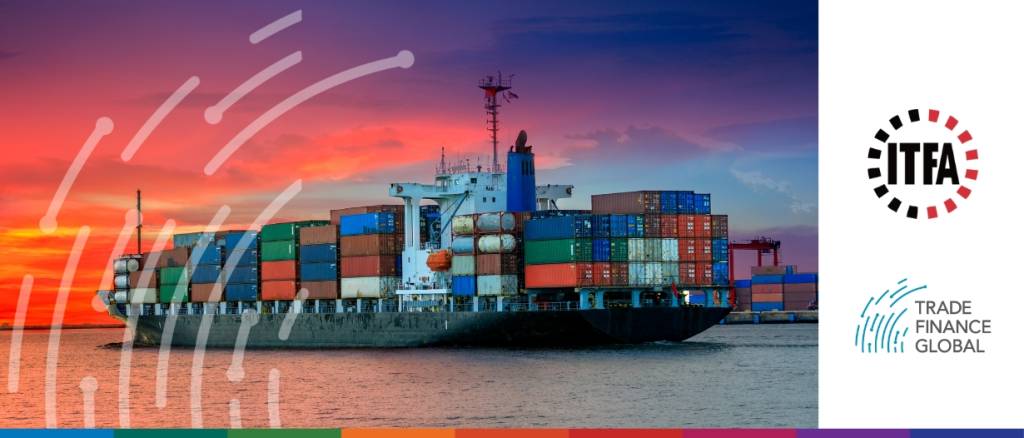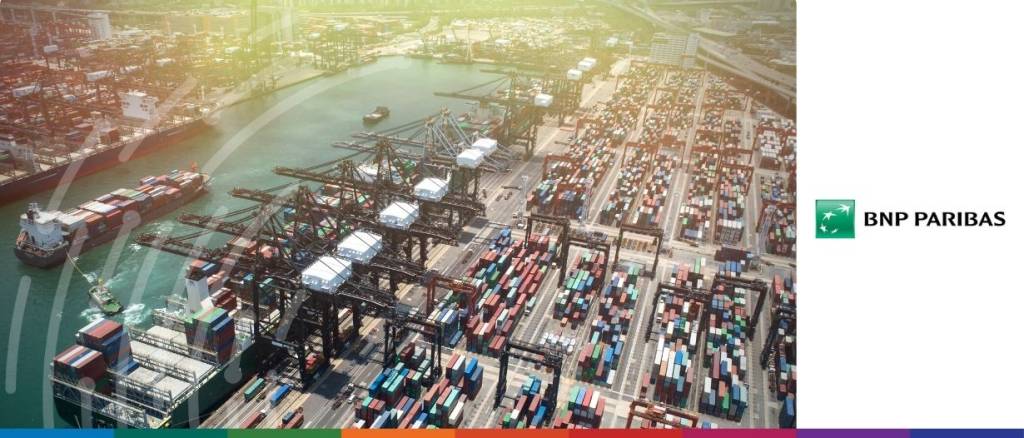The acquisition, announced on Monday, will integrate ELCY’s multi-bank platform, called elcyMBP, into Surecomp’s RIVO™ ecosystem. The deal brings together two established players in the trade finance technology sector. Toronto-based… read more →
The credit specialties space, at the “nexus of trade, investment, and finance,” has great potential for social transformation.
At the International Trade Forfaiting Association’s (ITFA) 2024 Christmas party, Trade Finance Global (TFG) spoke with Sean Edwards, Chairman of ITFA, and Dhiresh Dave, Chief Legal Officer and Managing Director – Legal, Compliance and Governance at Falcon Group, to discuss a financing tool that might come in handy for Saint Nicholas: inventory finance.
The service enables Chinese businesses to receive payments through local clearing systems– a cheaper option than setting up foreign accounts. The HSBC virtual account solution also enables Chinese businesses trading… read more →
Rental services are becoming more common throughout the shipping industry and among online customers. What should sector professionals do to support the continued growth of these services?
Finastra, a Worldwide Supplier of Financial Software and Platforms, has Joined Forces with ELCY, an Expert in E-commerce Systems for Managing International Trade Finance. Their Collaborative Effort is Aimed at… read more →
Vinay Mendonca, Chief Growth Officer, Global Trade and Receivables Finance at HSBC, sat down with Deepesh Patel at Sibos Toronto to discuss these shifts and how they are influencing trade finance.
High-interest rates and elevated inflation are pressing suppliers to reduce their cash-conversion cycles
US manufacturing experienced a further decline in June, reaching levels not seen since the initial wave of the COVID-19 pandemic. However, there is a positive aspect as price pressures at… read more →
The UK’s first E-Commerce Trade Commission was launched on 13th June, to encourage 70,000 more small British businesses to trade and export online and help boost the economy by £9.3bn The… read more →























